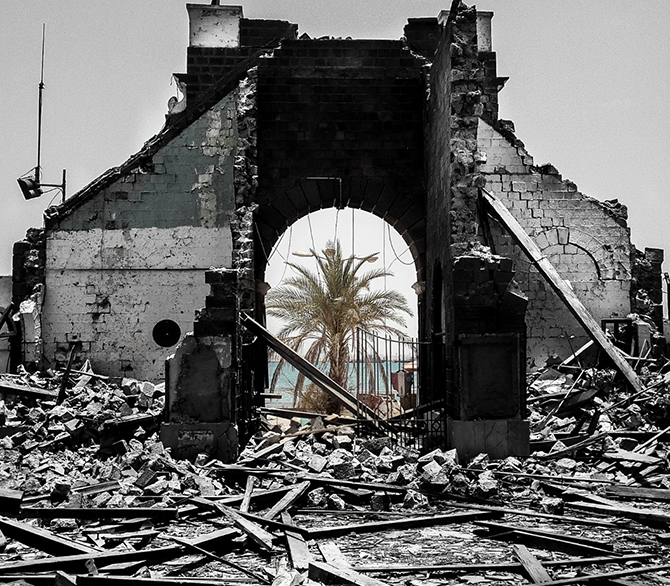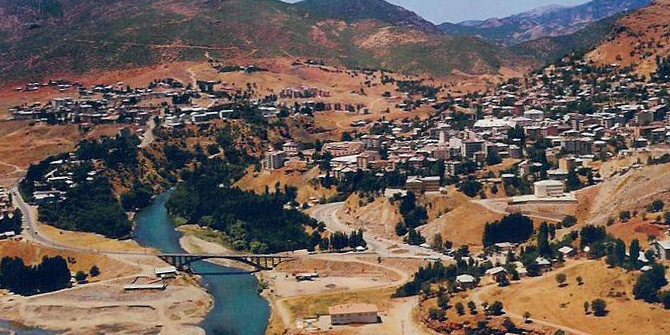by Marwa Baabbad
#LSEYemen
Yemen is going through the most severe crisis in its modern history. In some analysis and media reports, the Yemeni conflict, which is labelled as ‘The forgotten war’, is narrated as a sectarian war. However, this is not necessarily accurate. If we were to understand the nature of Yemen, one should go back to the country’s political and social structure to study the trends and changes that happened during several periods of the country’s recent history; sectarianism was never an issue.
Through this series, we are providing a platform for a number of Yemeni development practitioners, an entrepreneur, and an artist who are experiencing the conflict. Wars reframe power structures and rules as well as cultural limitations; there can be some openings alongside the long list of losses. This platform aims to showcase the challenges that are faced by these practitioners and the rest of the Yemeni people, while also providing narratives of resilience and hope. These stories present inside views on a conflict that is often portrayed from an outsider-crisis perspective.

Contributions include:
- For lasting peace in Yemen, bring women to the table
by Rasha Jarhum
- All eyes on Kuwait as Yemen peace talks continue
by Suha Bashren
- Beyond the North/South narrative: Conflict and federalism in Eastern Yemen
by Eleonora Ardemagni
- Navigating the challenges of war through social innovation
by Mazen Al-Hebshi
- Doing art in the vacuum of war
by Reem Jarhum
- Shall we think of war victims as humans, not numbers?
by Sala Mohammed
 Marwa Baabbad is a Chevening Scholar pursuing her Masters degree in Post-War Recovery Studies at the University of York. As part of her degree she is currently undertaking a work placement period at the LSE Middle East Centre. Prior to that, she worked with Saferworld leading on youth and Gender Peace and Security projects in Yemen. Marwa tweets @mabaabbad.
Marwa Baabbad is a Chevening Scholar pursuing her Masters degree in Post-War Recovery Studies at the University of York. As part of her degree she is currently undertaking a work placement period at the LSE Middle East Centre. Prior to that, she worked with Saferworld leading on youth and Gender Peace and Security projects in Yemen. Marwa tweets @mabaabbad.






